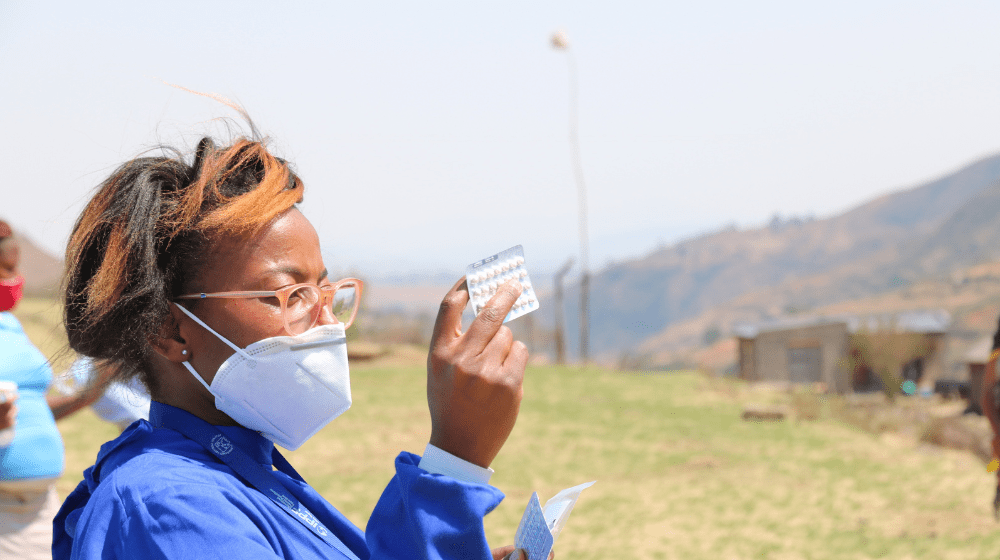As part of the High-Level Meeting on AIDS, UNFPA Executive Director Dr. Natalia Kanem will participate at the 8 June side event entitled, “No Prevention, No End: The importance of leadership for HIV prevention – how decisions can turn an epidemic,” co-hosted by UNAIDS, of which UNFPA is a cosponsor, and the Global HIV Prevention Working Group. The session will underscore the need for leaders to drive action in meeting HIV-prevention targets by 2030, showcase how leadership has made significant progress in HIV response and explore the resilience of HIV-prevention programmes alongside the COVID-19 response. Tune in here.
On 9 June, UNFPA Deputy Executive Director, Programme, Diene Keita will serve as panelist on the topic of “Putting people and communities at the center of the response to AIDS,” which will address political commitments and policy adaptations vital in supporting community-led – including women-led – responses such as HIV service delivery and prevention programmes. As part of the official programme, the panel will be broadcast on UN WebTV. A side event on “Young key populations leadership and innovations in the HIV response in Asia and the Pacific” on 7 June will be moderated by UNFPA and can be viewed here.
The last United Nations General Assembly high-level meeting on AIDS took place in 2016, after first convening a special session to address the HIV pandemic in 2001. Since then, the annual global number of new infections has declined by more than one-third and deaths from AIDS-related causes have fallen 60 per cent from its peak in 2004, according to UNAIDS.
But for all the progress, the world needs to remain vigilant if it is to eradicate the disease by 2030 as part of Sustainable Development Goal 3, especially as efforts have been hindered in COVID-19 times. UNFPA is committed to doing its part – fighting inequalities that render groups vulnerable, empowering adolescent girls and young women – toward regaining that lost momentum.




